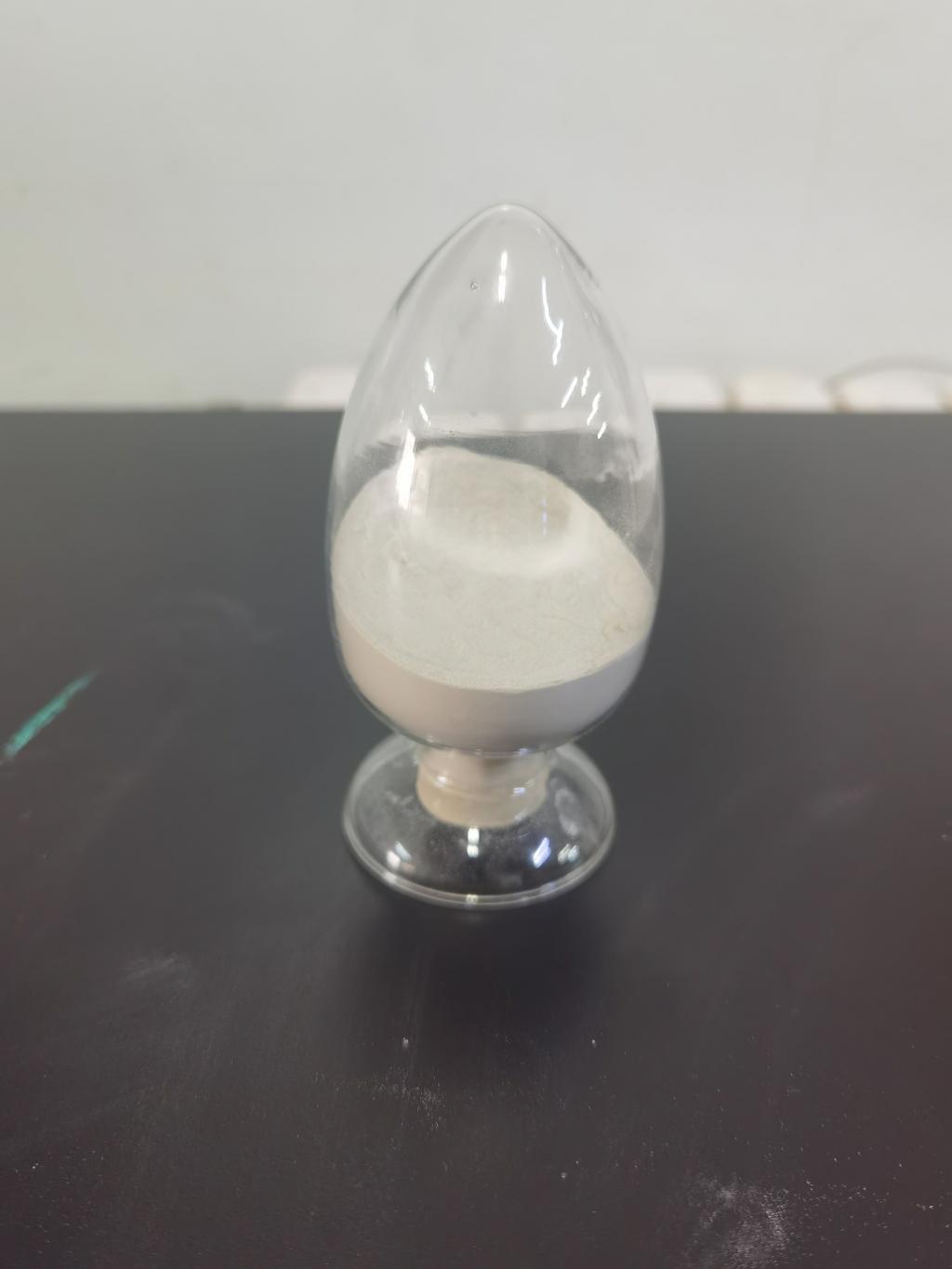Tel:+8618231198596

News
 CONTACT
CONTACT
 CONTACT
CONTACT
- Linkman:Linda Yao
- Tel: +8618231198596
- Email:linda.yao@dcpharma.cn
- Linkman:CHARLES.WANG
- Department:Overseas
- Tel: 0086 0311-85537378 0086 0311-85539701
News
Current Position:
Home >
News
>Nisin's Synergy with Precision Farming: Optimizing Agricultural Practices for Safety
Nisin's Synergy with Precision Farming: Optimizing Agricultural Practices for Safety
TIME:2024-02-28
Precision Farming: A Paradigm Shift in Agriculture:
Precision farming, also known as precision agriculture, involves the use of technology to optimize various aspects of crop and livestock management. Sensors, GPS technology, drones, and data analytics are employed to make informed decisions, resulting in improved resource efficiency, increased yields, and minimized environmental impact. The integration of precision farming has the potential to revolutionize traditional agricultural practices.
Challenges in Agricultural Safety:
The safety of agricultural produce is a multifaceted concern encompassing the control of pests, diseases, and contaminants. Traditional methods of pest and pathogen control often rely on chemical inputs that may have negative impacts on the environment, human health, and the overall sustainability of agriculture. Precision farming seeks to address these challenges through targeted and data-driven approaches.
Nisin: A Natural Antimicrobial Agent:
Nisin, derived from certain strains of bacteria like Lactococcus lactis, is recognized for its natural antimicrobial properties. Widely used as a food preservative, Nisin has the potential to be harnessed in agriculture to combat bacterial contamination in crops and livestock, offering a sustainable alternative to traditional chemical treatments.
Nisin's Role in Crop Protection:
a. Natural Pest and Pathogen Control:
Nisin's antimicrobial properties can be utilized for natural pest and pathogen control in crops. By incorporating Nisin into agricultural practices, farmers can potentially reduce reliance on synthetic pesticides, mitigating the negative impact on ecosystems and promoting sustainable agriculture.
b. Bio-Based Seed Coatings:
Applying Nisin as a bio-based seed coating can enhance the protection of seeds against bacterial and fungal infections. This not only contributes to healthier plant establishment but also aligns with the principles of precision farming by ensuring that resources such as water, fertilizers, and pesticides are applied precisely where and when they are needed.
c. Disease Management in Livestock:
In precision livestock farming, where technology is employed to monitor and manage individual animals, Nisin can play a role in disease management. By incorporating Nisin into animal feed or utilizing it as a part of precision health monitoring systems, farmers can mitigate the risk of bacterial infections in livestock.
Precision Agriculture and Data-Driven Decision Making:
The integration of precision farming technologies provides farmers with a wealth of data related to soil health, weather patterns, crop growth, and livestock conditions. By leveraging this data, farmers can make informed decisions about when and where to apply Nisin-based treatments, optimizing its effectiveness and minimizing unnecessary use.
Sustainable Agriculture Practices:
Nisin's compatibility with precision farming aligns with the broader goals of sustainable agriculture. By reducing the reliance on chemical inputs, precision farming with Nisin can contribute to soil health, biodiversity conservation, and the overall resilience of agricultural ecosystems.
Challenges and Considerations:
While the potential benefits of integrating Nisin with precision farming are significant, challenges such as regulatory approvals, cost-effectiveness, and scalability need to be addressed. Collaborative efforts between researchers, agricultural organizations, and regulatory bodies are essential to navigate these challenges and facilitate the adoption of Nisin in precision agriculture.
Consumer Awareness and Acceptance:
As agricultural practices evolve, consumer awareness and acceptance of novel technologies become crucial. Educating consumers about the benefits of precision farming with Nisin, particularly in terms of improved food safety and reduced environmental impact, can foster a positive reception of these innovative practices.
Regulatory Frameworks and Standardization:
The successful integration of Nisin with precision farming requires the establishment of clear regulatory frameworks and standards. Collaborative efforts between regulatory bodies, research institutions, and industry stakeholders are essential to ensure that Nisin-based agricultural practices meet safety and environmental standards.
Future Prospects and Conclusion:
The synergy between Nisin and precision farming holds immense promise for the future of agriculture. As the global community seeks sustainable and safe solutions to feed a growing population, the integration of natural antimicrobial agents like Nisin with precision farming technologies provides a pathway to optimize agricultural practices. By fostering collaboration, addressing challenges, and promoting awareness, the agricultural sector can embrace this innovative approach, paving the way for a safer, more sustainable, and resilient food production system.
- Tel:+8618231198596
- Whatsapp:18231198596
- Chat With Skype







